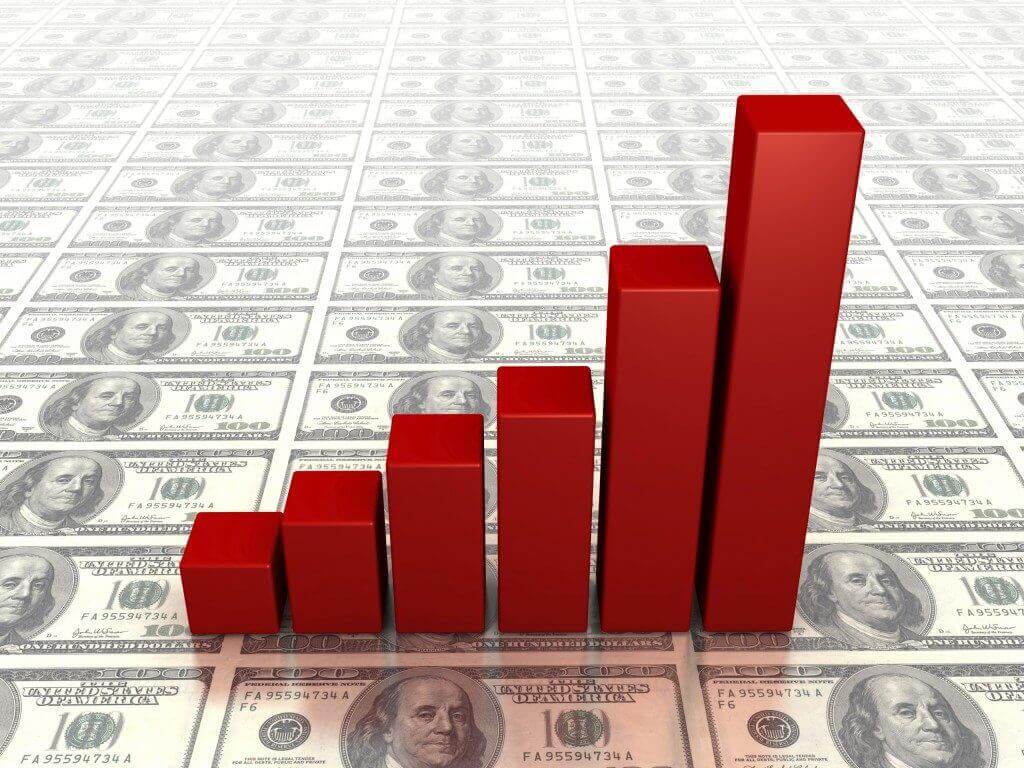
The law of supply and demand is one of the most basic, and also one of the most important, microeconomic principles.
NB: This is an article from NetAffinity
The relationship between supply and demand determines how the price for a good or service is decided on. An increase in demand without a change in supply will increase the price and conversely a decrease in demand without a change in supply will decrease the price.
So how does this most fundamental of economic theories apply to the hotel industry? Hotel Revenue Managers need to understand the principle and use it on a daily basis as they analyse their own demand and supply.
Supply
For the most part the hotel’s supply will remain steady as they know how many rooms they have to sell. Also a Revenue Manager will be aware of any new supply from new hotels in their area and will often need to adjust their rates accordingly.
One relatively new factor affecting supply in towns, cities and beyond though is Airbnb. A report commissioned by the hotel association in the US estimated that, in the US, hotels lost approximately $450 million in direct revenues per year to Airbnb. By the end of this year, the report also estimated that Airbnb room nights would reach 5 million per year.
Oversupply in any city will lead to aggressive rate competitiveness especially in low demand periods.
Demand
The demand side is where Revenue Managers need to do most work however in terms of analysis.
External factors which need to be looked at include:
- Events in the area including concert dates, sports events and other events that generate demand for hotel rooms.
- Seasonality is also a factor with the summer months being busiest.
- Midweek is generally a quieter time for hotels unless they are a corporate hotel.
- Economic conditions including FX rates.
- Convention centre venues also help induce demand in cities.
- Tourism board activity such as advertising campaigns.
Internal factors which need to be looked at include:
- An increase or decrease in the level of corporate clients
- Group business and the expected wash down of same
Occupancy Forecasting
Once a Revenue Manager is aware of both the internal and external supply and demand factors they can then start to forecast more accurately as to how each market segment will perform each week and set rates accordingly.
Where there are periods of low demand, this is where the hotel needs to create their own demand through promotions or targeting for group or conference business. The further out the hotel can address need periods the better as it reduces the likelihood of having to lower their rate nearer the stay period. It is generally preferable to reward customers for booking in advance with a better rate.
Cancellation Forecasting
With some distribution channels promoting ‘free cancellation’, hotels are finding their cancellation rate increase dramatically over the past number of years. Revenue Managers therefore need to allow for cancellations which can be as high as 50% from some OTAs and create an overbooking strategy to combat last minute cancellations. Hotels can otherwise be left with a lot of last minute supply that will force them to reduce their rate.
Pickup Reporting
A vital tool for Revenue Managers is a pickup report which gives them the data to monitor the booking pace of the hotel including the demand by market segment. The Revenue Manager then needs to take action based on the data. For example if the pickup from OTAs is ahead of budget then they must decide how can they drive more direct business for those dates such as putting exclusive offers on the official hotel website and marketing them.
Cost of Distribution
A Revenue Manager who understands the cost of distribution by market segment is an invaluable resource to any hotel. The easy option for some hotels can be to give OTAs unlimited access to their inventory and let them sell their rooms without understanding the costs. Smart hotels invest in their ‘book direct’ strategy as a long term sustainable approach. They understand the old adage of ‘Don’t put all your eggs in the one basket’ and actively target the segments that deliver business at the lowest cost in order to maximise revenue.
Communication
While the Revenue Manager must remain focused on the data and analysis, they must also understand the importance of communication. Internally, they are the data source for the Sales & Marketing Manager who needs to know the hotel’s need periods. Communicating with your compset is also important to help forecast demand, for example, if a competitor hotel has a large group or conference then it will increase demand for their hotel also.
Technology and Systems
From a basic Channel Manager system to more advanced revenue management systems, hotels can employ a range of technologies to help them predict occupancy and maximise revenue. While these systems can help Revenue Managers make smart decisions, they still require human interpretation and input.
Conclusion
Hotels that diligently collect internal data, become aware of external factors and monitor their pacing performance are best equipped to set out a pricing structure that allows them to maximise the revenue from each market segment.



